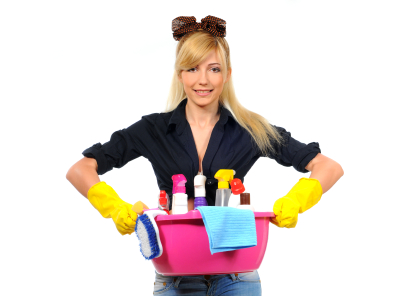Having a bacterial outbreak can be very inconvenient.
Fortunately, there are several ways to control or eliminate bacteria.
Depending on the setting and the type of bacteria, different methods are available for eliminating unwanted bacteria. Here is a quick list of several popular ways to control bacterial growth:
Boiling Water
A common setting where people want to eliminate bacteria is while camping or hiking. Bacteria in drinking water can be a quick way to ruin a holiday! Simply boiling your water prior to drinking (or washing dishes, cleaning scrapes, etc.) is an easy way to prevent bacteria that was living in the lake or creek from moving to an unwanted location.
Silver
Silver is a traditional tool for eliminating bacteria, plus is now used in a variety of settings like washing machines, fabrics, water purifiers, space station hygiene systems, and catheters. Colloidal silver is now available in high-quality forms that allow for versatile topical and internal applications. In addition to oral use as a dietary supplement, some people use it for things like surface disinfection, pet care, odor removal, and swimming pool sanitation.
Chlorination 
By adding chlorine to water, many species of bacteria are eliminated. As a result, chlorination is commonly used in public water supplies, swimming pools, sewage treatment, etc. However, safety concerns surround the use of chlorine and it is thus a source of public debate. If chlorine kills bacteria in public water pipes, what do you think it does when it leaves those pipes? Plant-lovers with a chlorinated water supply often let their water sit in an open container for 24 hours before giving it to indoor plants, allowing the chlorine to dissipate into the air. The effect of chlorine on human health is also a contentious topic.
Prescription drugs
Regulated substances such as penicillin, methicillin, and vancomycin can be prescribed by doctors for human use in certain situations. Known broadly as “antibiotics”, specific prescription drugs have different effects on specific species of bacteria. For detailed information, doctors and pharmacists have knowledge of how various drugs interact with different microbial strains and the potential side-effects with other body systems.
Water purification tablets
Available at camping supply stores, a variety of active ingredients counteract bacteria in water. Not ideal for long-term use (the same tablets that kill bacteria in a thermos can keep killing bacteria in your gut…), they are easy to carry and thus very handy in certain situations.
Bleach
“Bleach” refers to a wide range of products that quickly change most materials they contact, typically by rapid oxidation. Often containing chlorine, bleach is highly toxic to humans. It can be helpful for disinfecting surfaces or equipment when used according to the product instructions. Look out, surface bacteria!

Hydrogen peroxide
Commonly used as a surface wound disinfectant, hydrogen peroxide is available widely in water solutions at dilutions below 10%.